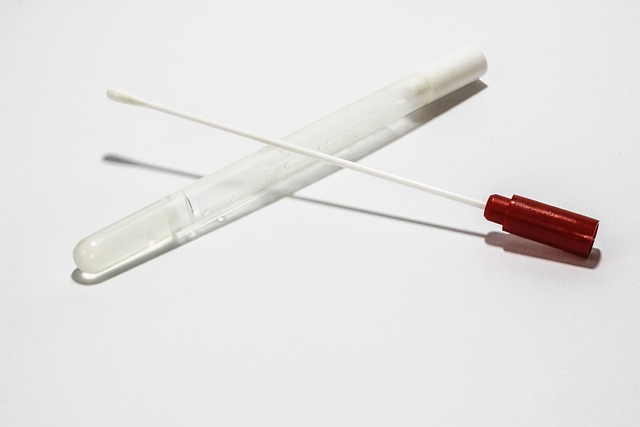The Male Hormone Blood Test UK, which includes ferritin measurement, is a key tool for diagnosing iron deficiency. Ferritin acts as an iron reservoir, and low levels indicate deficiency, with symptoms like fatigue and weakness. Testing is crucial for men at risk, especially those with dietary restrictions or chronic illnesses. Understanding test results involves discussing them with a healthcare provider who can guide treatment, ranging from lifestyle changes to medical interventions, to prevent more serious anaemia complications.
“Discover the power of ferritin level testing as a key indicator for iron deficiency, especially in men. This comprehensive guide explores the role of ferritin and its significance in managing iron levels. We delve into why men should consider a Male Hormone Blood Test UK to check their ferritin levels, providing insights on when to get tested and what the results might reveal. Understand the steps after testing, offering a clear path to optimal health.”
- Understanding Ferritin and Its Role in Iron Deficiency
- When and Why Men Should Consider Ferritin Level Testing
- Interpreting Results and Next Steps After a Male Hormone Blood Test UK
Understanding Ferritin and Its Role in Iron Deficiency
Ferritin is a protein that plays a crucial role in storing and regulating iron levels in the body. It acts as a reservoir, encapsulating iron and releasing it when needed. In the context of iron deficiency, understanding ferritin levels is essential. Iron is a male hormone, or more accurately, a component vital for various bodily functions, including energy production and oxygen transport. When the body lacks sufficient iron, ferritin levels drop, as the stored iron becomes depleted.
In the UK, a Male Hormone Blood Test (referring to tests that include ferritin measurement) is often used to diagnose iron deficiency, especially in cases where symptoms like fatigue, weakness, and pale skin persist. This test provides valuable insights into an individual’s iron status, helping healthcare professionals determine the severity of deficiency and tailor appropriate treatment strategies.
When and Why Men Should Consider Ferritin Level Testing
Men, especially those in the UK, should consider having their ferritin levels tested if they experience symptoms of iron deficiency or are at risk for anaemia. Ferritin is a protein that stores and releases iron in the body, and low ferritin levels can indicate insufficient iron intake or absorption. Given that iron is essential for various male hormones, maintaining optimal ferritin levels is crucial for overall health and well-being.
Regular Male Hormone Blood Tests in the UK can include checking ferritin levels as part of a comprehensive screening. This is particularly important for men with dietary restrictions, chronic illnesses, or those who engage in intense physical activities, as these factors can impact iron metabolism. Early detection of iron deficiency through ferritin level testing allows for timely intervention to prevent more serious health complications associated with anaemia.
Interpreting Results and Next Steps After a Male Hormone Blood Test UK
After a Male Hormone Blood Test UK, interpreting your results is key to understanding your health status. The test typically measures levels of testosterone and other key hormones. If your testosterone levels are found to be low, it could indicate hypogonadism or low-T, a common condition often associated with iron deficiency. However, low hormone levels can also result from various other factors, including age, lifestyle choices, and certain medical conditions. Therefore, it’s important not to panic but rather discuss the results with your healthcare provider who can guide you on the next steps.
The next steps might involve further tests to confirm the initial findings. Your doctor may recommend additional blood tests to check for iron deficiency, as low ferritin levels—a protein that stores and transports iron in the body—are a strong indicator of iron deficiency anemia. Depending on the severity of the deficiency, treatment options can include dietary changes, supplementation, or even medical interventions. Regular follow-ups will be essential to monitor your hormone levels and overall health progress.
Ferritin level testing is a valuable tool for diagnosing iron deficiency, particularly in men. Understanding ferritin’s role and knowing when to get tested can help address this often overlooked health concern. For those considering a Male Hormone Blood Test UK, checking ferritin levels is an essential step, as it provides crucial insights into overall iron status, enabling prompt and effective treatment if deficiencies are detected.
